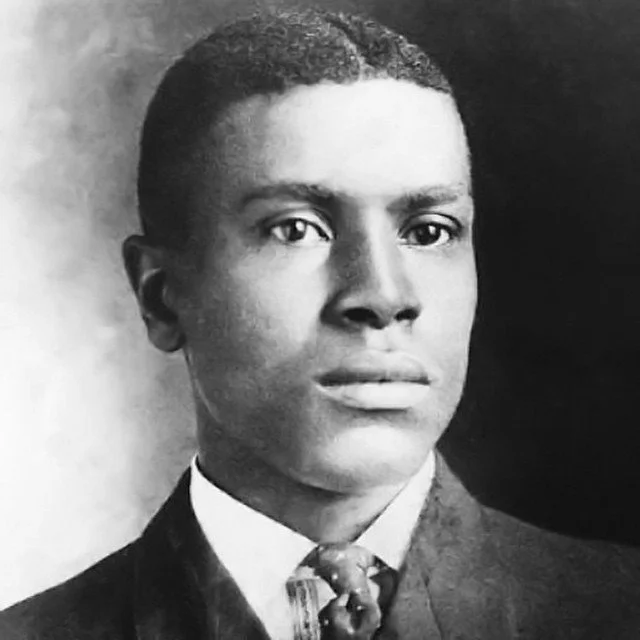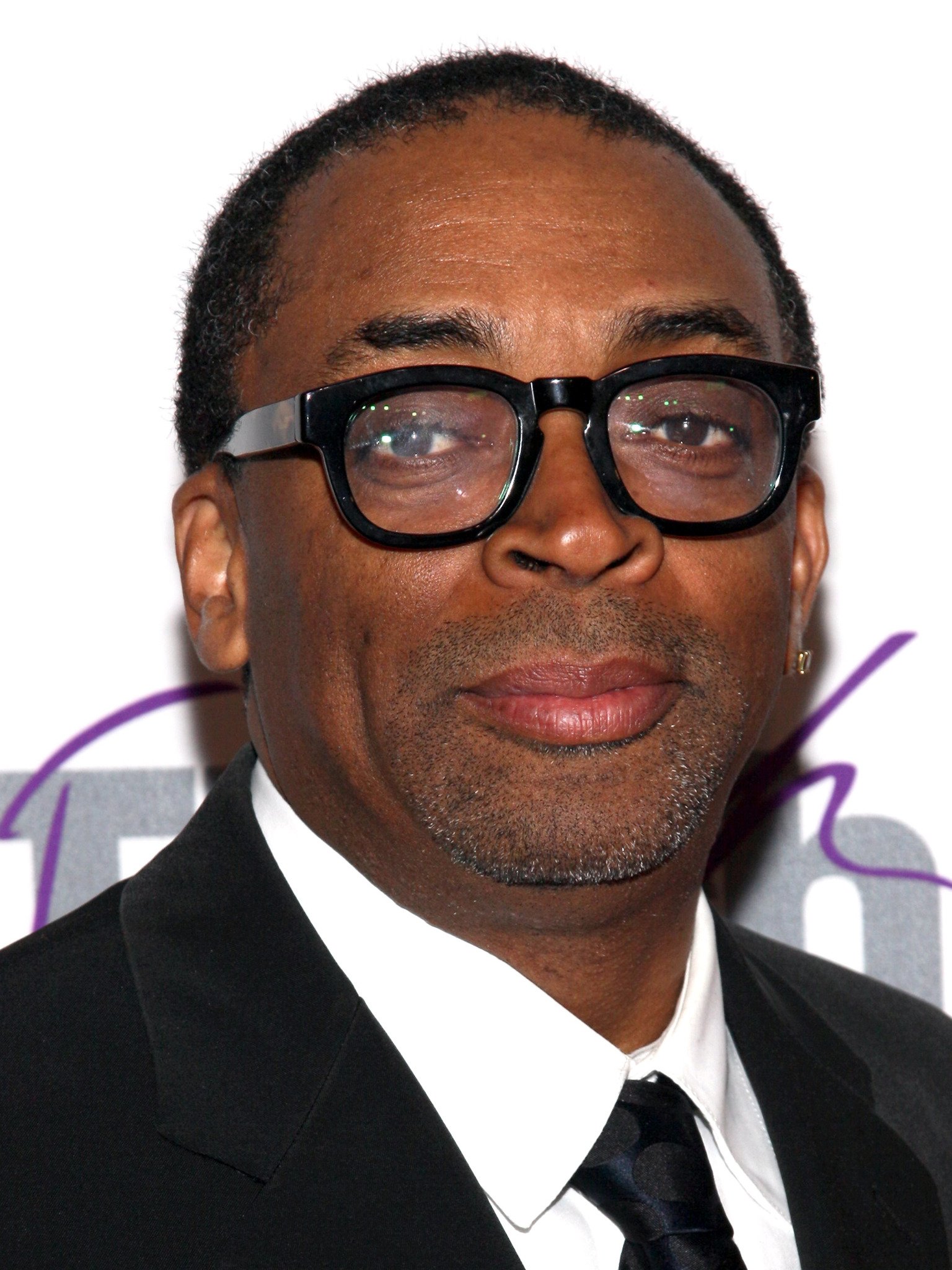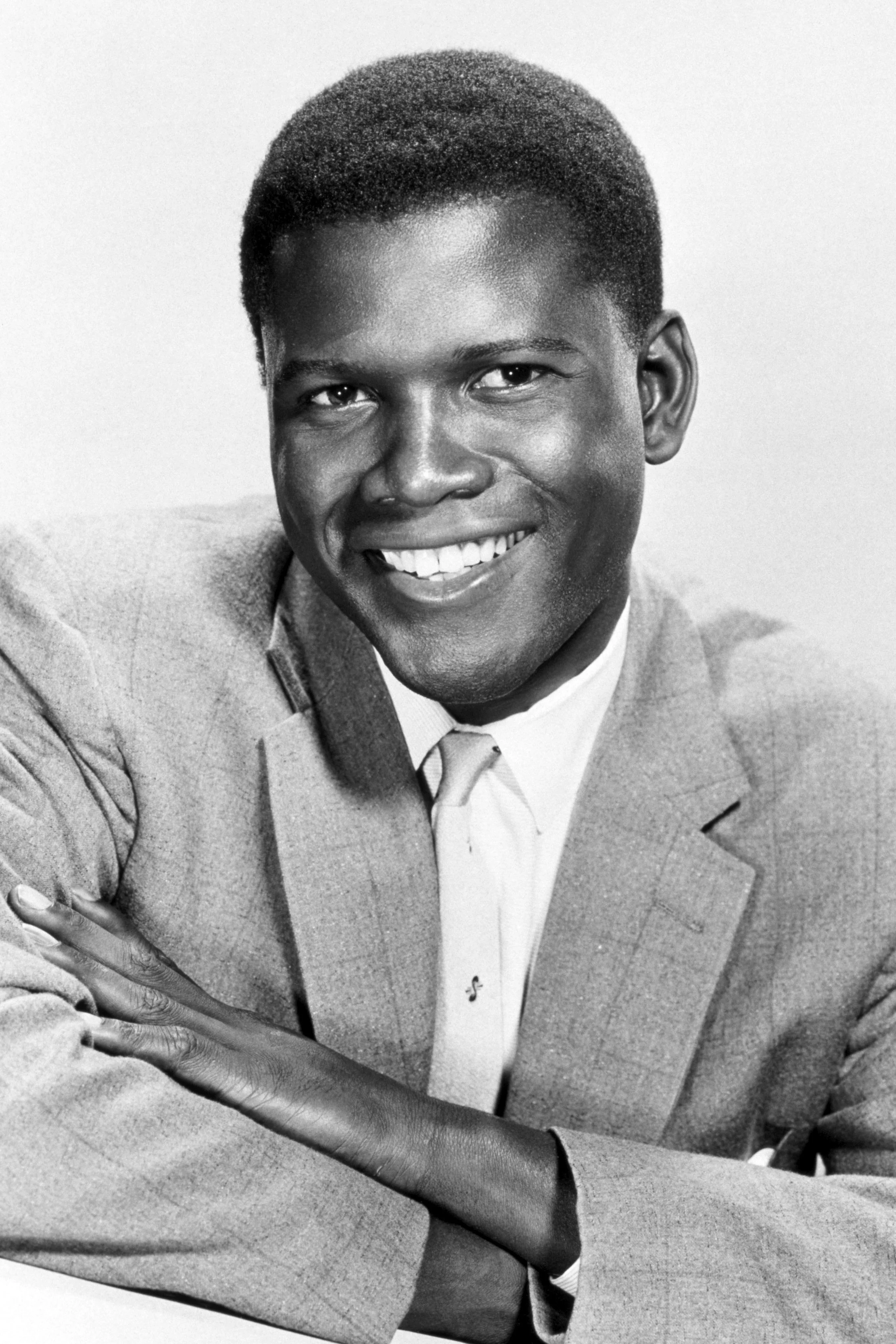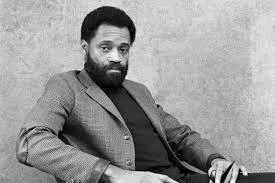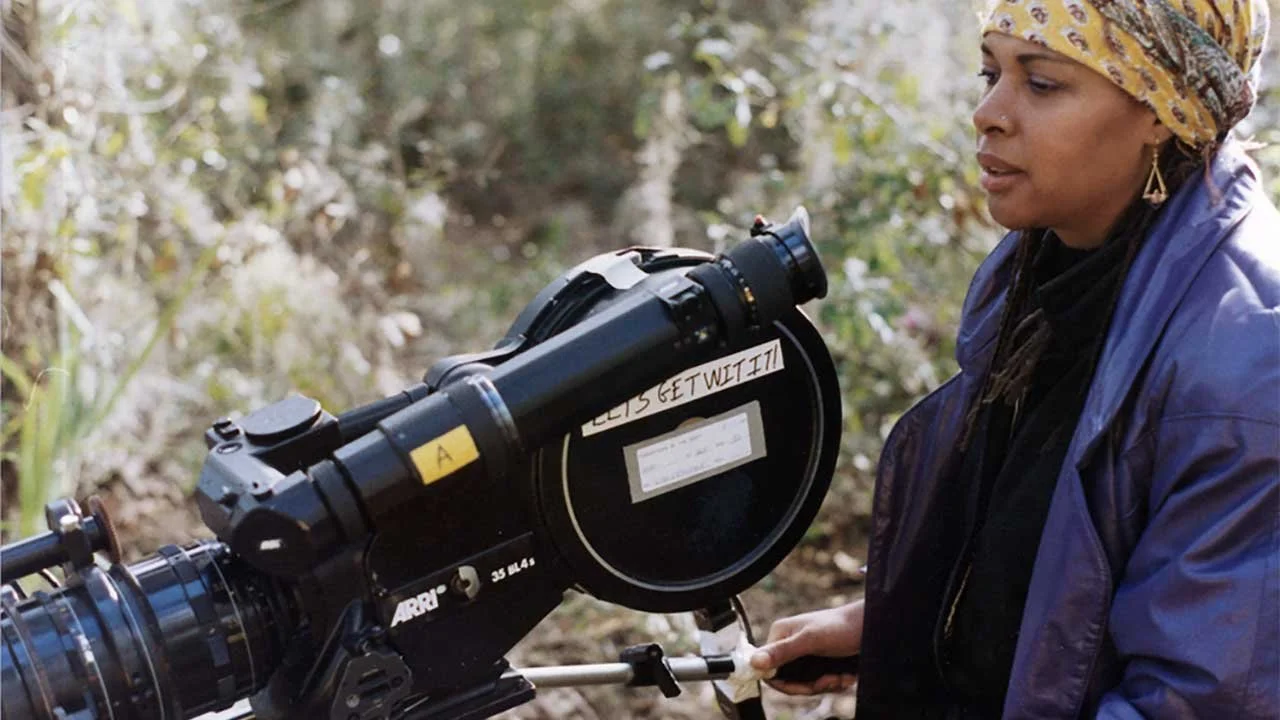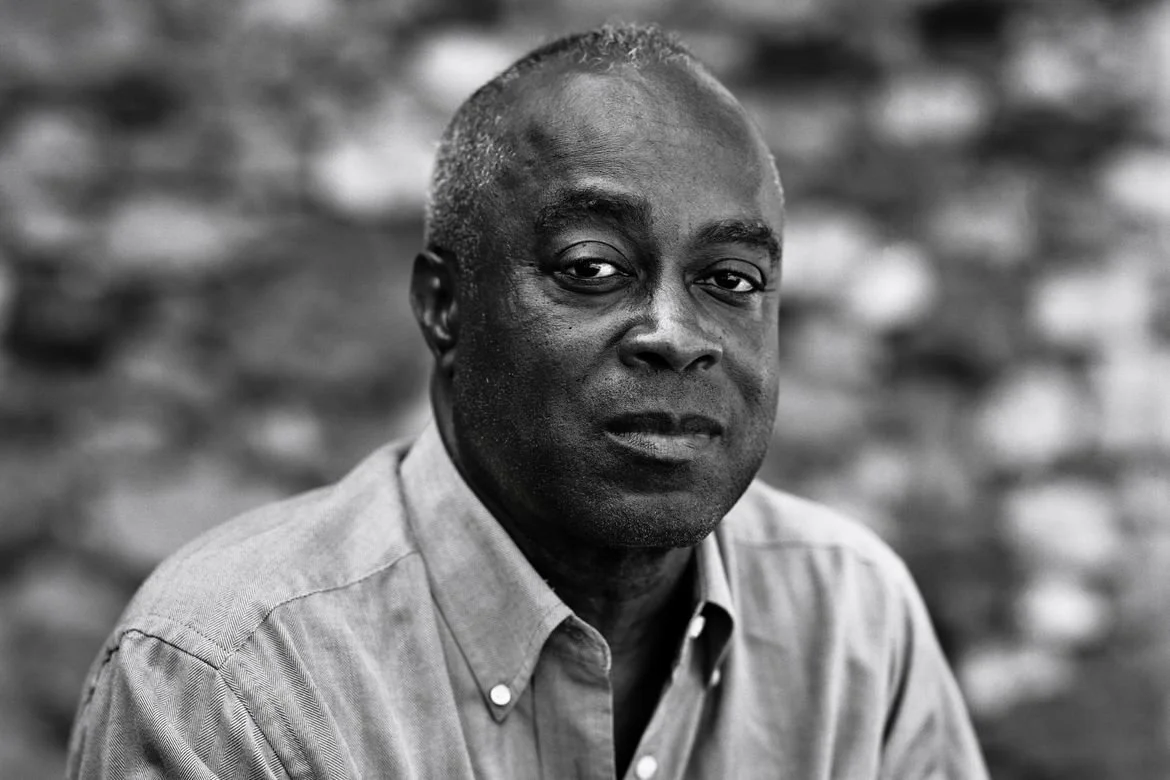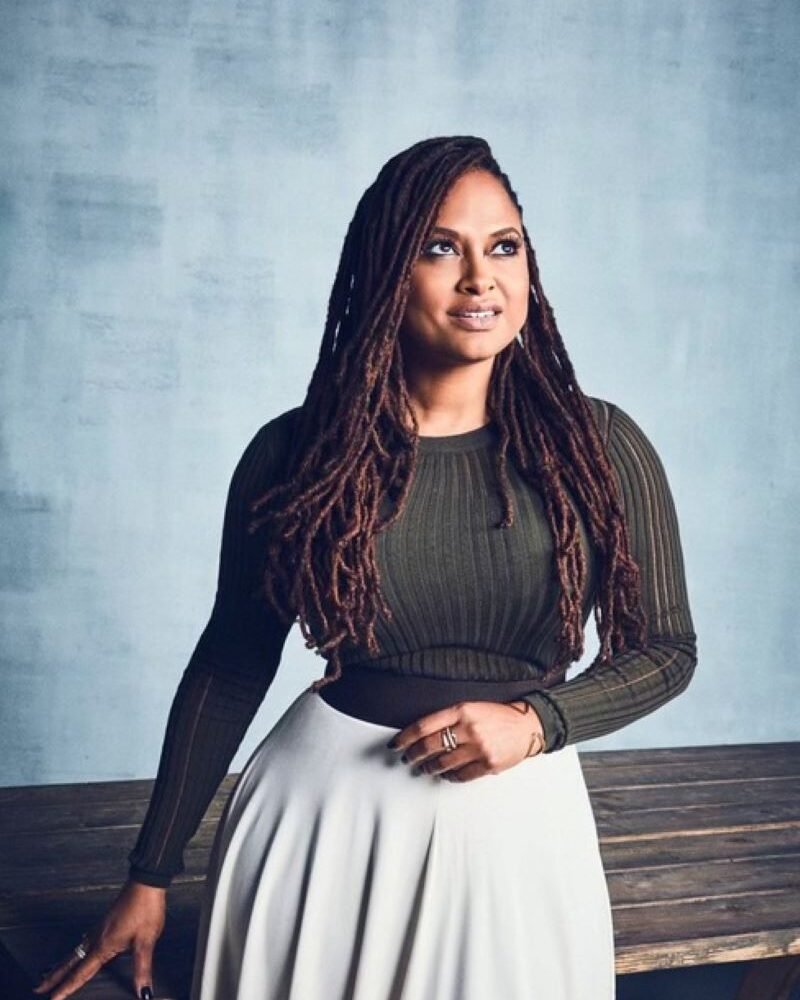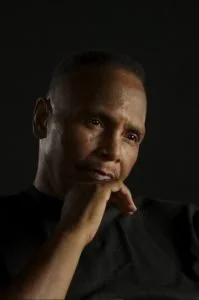Celebrating Black Excellence With Picture Perfect: A Journey Through the History of Black Filmmakers
Throughout history, Black filmmakers have not only created art but have also ignited flames of change that have illuminated the path for generations to come. Their stories are not just tales on celluloid; they are whispers of resilience, shouts of defiance, and anthems of empowerment. From Oscar Micheaux's pioneering spirit to Spike Lee's unapologetic voice, from Sidney Poitier's barrier-breaking performances to Julie Dash's intimate portraits, each filmmaker has left an indelible mark on the cinematic landscape.
These trailblazers didn't just make movies; they shattered stereotypes, challenged conventions, and demanded to be seen and heard. In a world that often tried to silence their voices, they refused to be silenced, using their art as a megaphone for truth and justice. They paved the way for the innovators of modern-day cinema, laying the foundation upon which future generations could build and thrive.
Today, Black filmmakers stand on the shoulders of giants, armed with the tools, the talent, and the tenacity to carve out their own space in an industry that has not always welcomed them with open arms. They draw inspiration from those who came before them, honoring their legacies while forging new paths forward. They continue to tell stories that resonate, stories that illuminate the human experience in all its complexity and beauty.
But their work is not done. As we celebrate the achievements of Black filmmakers past and present, we must also recognize the challenges that still lie ahead. Systemic barriers, ingrained biases, and entrenched inequalities continue to pose obstacles to true diversity and inclusion in the film industry. Yet, just as their predecessors refused to be deterred, today's Black filmmakers continue to push boundaries, break barriers, and defy expectations.
They do not ask for a seat at the table; they demand it. They do not seek validation from the mainstream; they create their own platforms. They do not wait for change to come; they are the change. And as they continue to tell their stories, they pave the way for future generations of Black filmmakers to thrive, to shine, and to make their mark on the world.
The legacy of Black filmmakers is not just a chapter in the history of cinema; it is an ongoing story of resilience, determination, and triumph. And as long as there are stories to be told and voices to be heard, the impact of Black filmmakers will continue to resonate, inspiring and empowering us all.
Picture Perfect invites you to Join us on a journey as we celebrate the groundbreaking achievements of Black filmmakers throughout history.
Oscar Micheaux:
Oscar Micheaux
Born into slavery in southern Illinois, Oscar Micheaux defied the odds to become the first African American to produce a feature-length film in 1919. His journey from a Pullman porter to a self-published novelist to a filmmaker exemplifies resilience and determination. Despite offers from independent filmmakers to buy the rights to his novel "The Homesteader," Micheaux chose to forge his own path, laying the foundation for future generations of Black filmmakers. His legacy as a trailblazer for African American representation in film continues to inspire.
Spike Lee
Spike Lee
Spike Lee burst onto the film scene with his 1986 debut "She’s Gotta Have It," a film made on a shoestring budget that garnered immense commercial success. Throughout his prolific career, Lee has fearlessly tackled issues of racial inequality and social injustice, using his platform to provoke thought and spark dialogue. From "Malcolm X" to "BlacKkKlansman," Lee's films serve as powerful reflections of the Black experience in America, cementing his status as one of the most influential voices in filmmaking and pop culture.
Sidney Poitier: Breaking Barriers in Hollywood
Sidney Poitier
Sidney Poitier's historic win as the first Black actor to receive the Academy Award for Best Actor in 1964 paved the way for future generations of Black performers. Poitier's dignified portrayals challenged stereotypes and reshaped Hollywood's perception of Black actors. His enduring legacy as a cultural icon continues to inspire aspiring actors and filmmakers alike.
Melvin Van Peebles: The Godfather of Black
Melvin Van Peebles
Cinema Melvin Van Peebles's groundbreaking films "Sweet Sweetback’s Baadasssss Song" and "Watermelon Man" introduced Black themes to mainstream audiences in the 1970s. Van Peebles's fearless approach to filmmaking and his rejection of industry conventions paved the way for the independent film scene. His contributions to Black cinema earned him the title of the "Godfather of Black Cinema," and his impact on the industry reverberates to this day.
Julie Dash: Elevating Black Voices
Julie Dash
Julie Dash's landmark film "Daughters of the Dust" made history as the first feature directed by an African American woman to receive a general theatrical release in the United States. Dash's films explore the lives of Black women with nuance and sensitivity, shedding light on stories often overlooked by mainstream cinema. Her pioneering work continues to inspire a new generation of filmmakers.
Charles Burnett: A Cult Hero of Cinema Charles
Charles Burnett
Burnett's morally and emotionally complex films, such as "Killer of Sheep," challenge stereotypes and offer authentic portrayals of African American life. Despite limited recognition in mainstream media, Burnett's contributions to independent cinema have earned him acclaim from critics and fellow filmmakers alike. His work remains a testament to the power of storytelling to provoke introspection and empathy.
Ava Duvernay: Trailblazing in Film and Television
Ava Duvernay
Ava Duvernay's groundbreaking achievements as a filmmaker and advocate for diversity in Hollywood have reshaped the industry. From her acclaimed film "Middle of Nowhere" to her groundbreaking Netflix series "When They See Us," Duvernay's work amplifies the voices of people of color and challenges systemic injustices. Through her film collective Array, Duvernay continues to champion underrepresented voices in cinema, ensuring that the stories of marginalized communities are heard and celebrated.
Jamaa Fanaka: Portraying Realities with Compassion
Jamaa Fanaka
Jamaa Fanaka's films offer authentic portrayals of Black life with nuance and compassion. As part of the L.A. Rebellion film movement, Fanaka's work confronts issues of racism and inequality with thoughtfulness and empathy. Despite limited recognition during his lifetime, Fanaka's films continue to resonate with audiences, thanks to efforts to preserve and restore his work for future generations
As we reflect on the achievements of these pioneering Black filmmakers, we are reminded of the power of cinema to inspire, provoke, and unite. Their stories serve as a testament to the resilience, creativity, and determination of the Black community in the face of adversity.
In the words of Ava Duvernay, "When you find your path, you must not be afraid. You need to have sufficient courage to make mistakes. Disappointment, defeat, and despair are the tools God uses to show us the way.
As we continue to celebrate Black excellence in cinema, let us honor the legacies of these trailblazers and ensure that their voices continue to be heard for generations to come.


